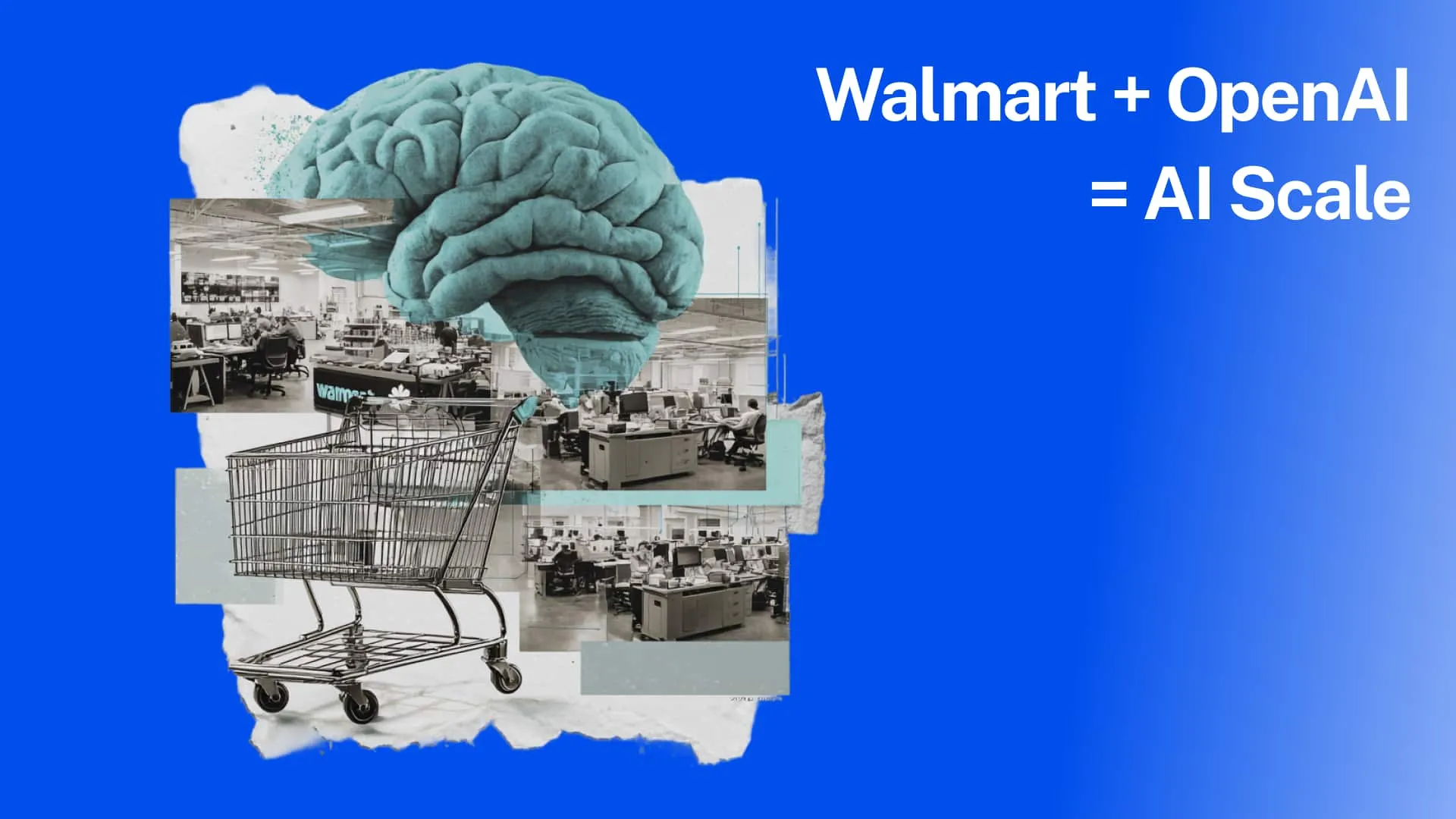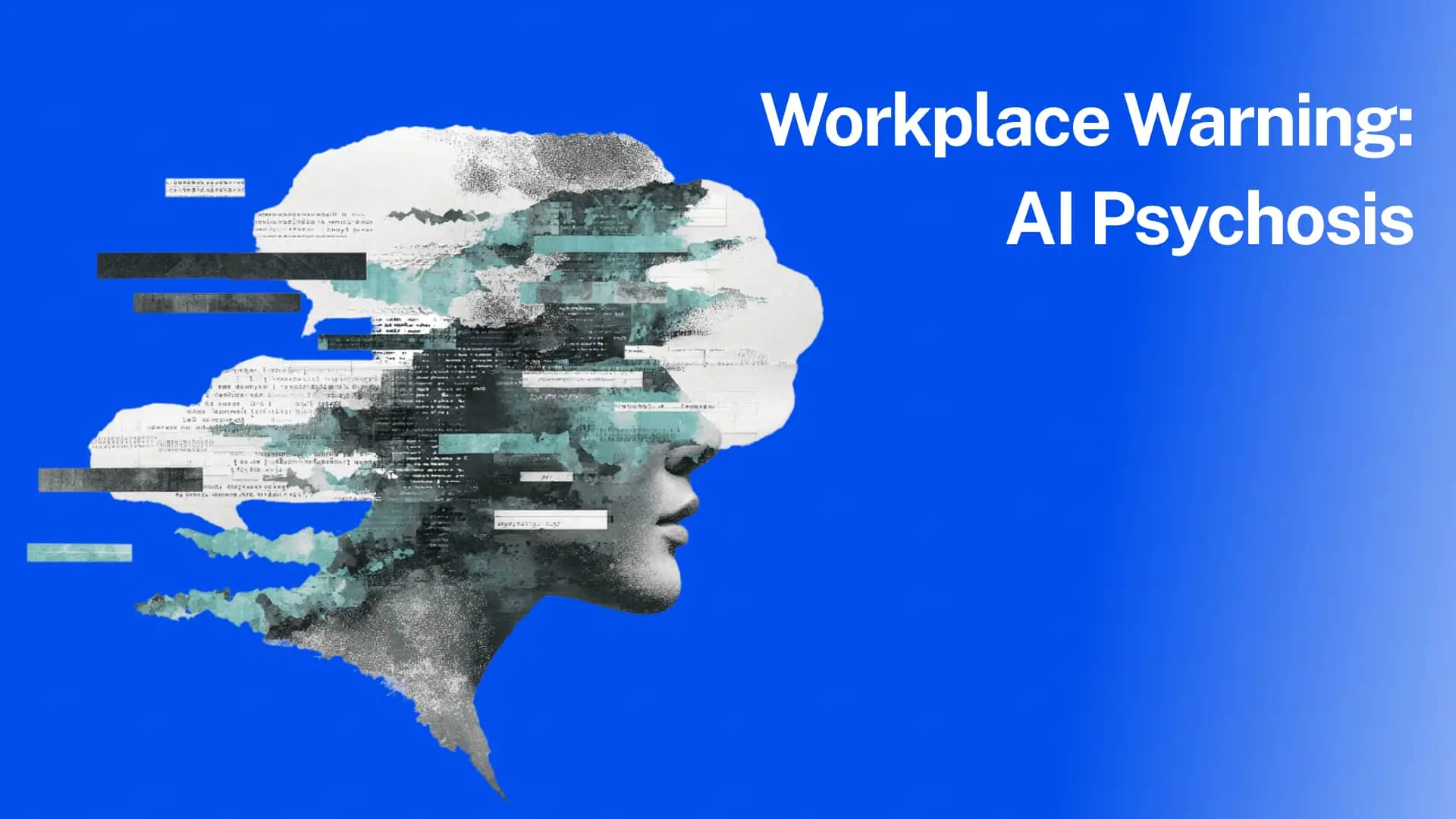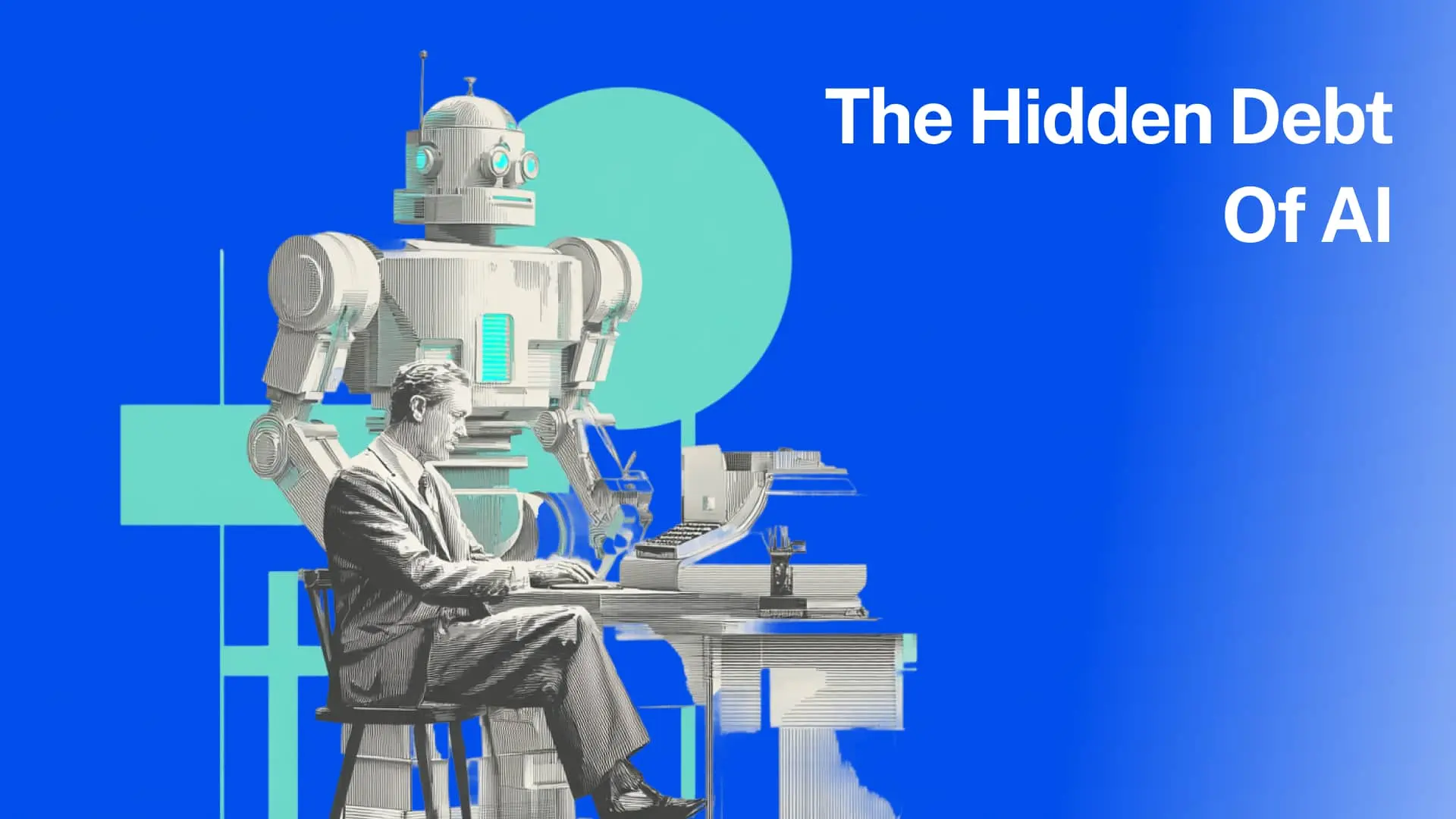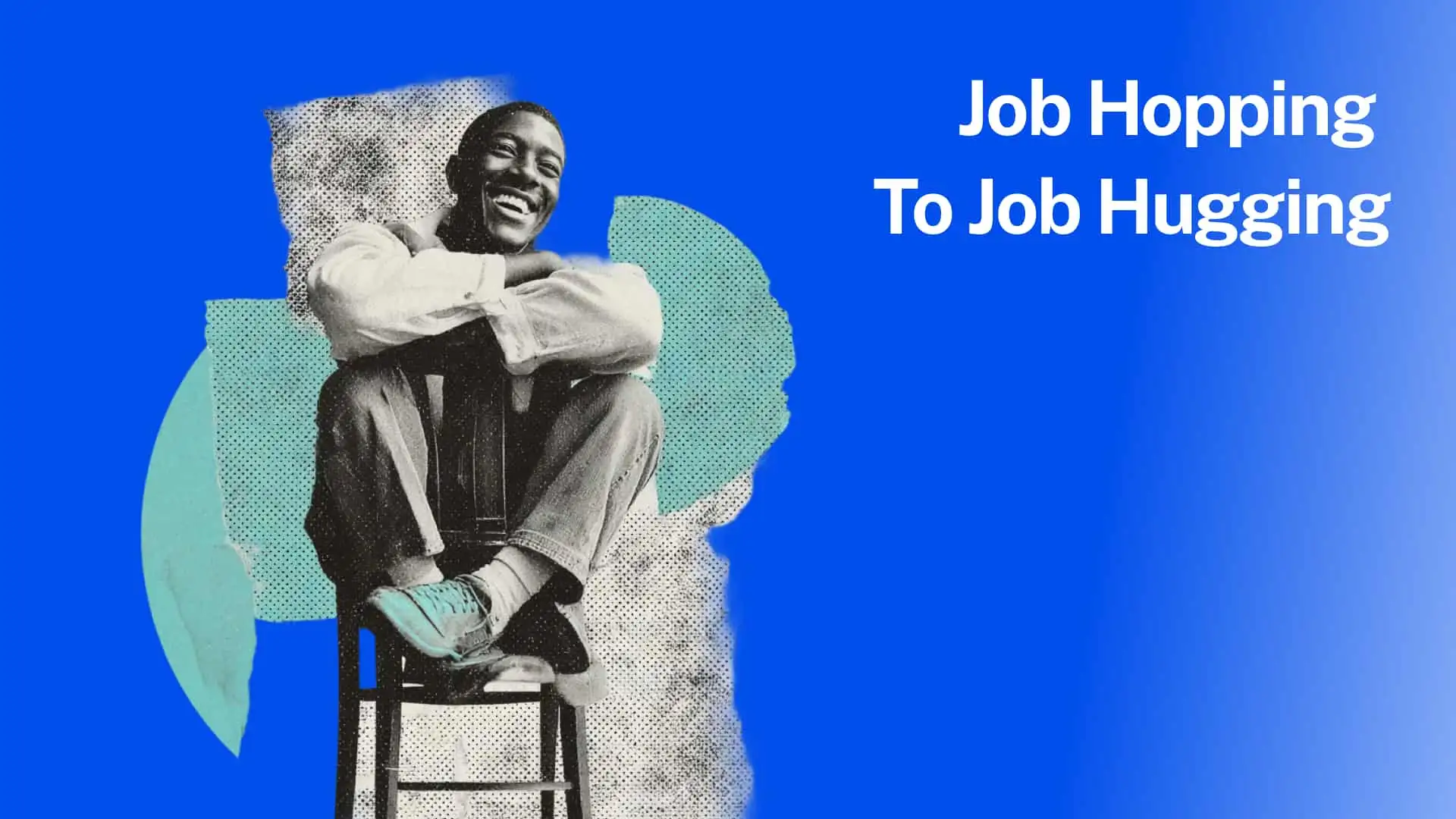This week marks six months since I started writing on this Future Work "blog" on LinkedIn.
When I began, I had two simple objectives:
- Share my ideas with a broader audience.
- Continue learning at a steady pace.
I've exceeded both goals beyond my expectations. My articles have reached over 160,000 readers (representing 12.5% of my total LinkedIn reach of over 1.3 million views in the past year.)
And most importantly, I've learned a lot.
Reflecting on the past six months of writing, a few things have surprised me. I'm happy to share them here for anyone considering starting a blog.
1. Done well, it's a lot of work
"If you know me, you know that I spend every minute (that I'm not in meetings or on TikTok) reading the latest research and news about the future of work. I'll share what I've learned as a quick newsletter from this week onwards."
This was my opening paragraph in the first article. I mentioned that I would be sharing quick updates about the latest research and news on the future of work in a newsletter.

However, as time passed, I wanted to delve deeper into the topics I was reading about. I started reading the research papers behind news articles, exploring opposing viewpoints, and seeking novel insights.
Of course, this requires more time and effort than simply summarizing news and trends. But I don't mind. Creating valuable content has become a key part of my job, helping us stay ahead of the curve and better serve our clients as we advise them on navigating the future of work.
Someone once asked me how I find the time to create content, and the truth is that I make it a priority. I now dedicate real time to research and writing, no longer treating it as an after-hours activity.
One thing is for sure; I look with even more respect to people who consistently churn out high-quality long-form content like Dror Poleg, Dan Schawbel, Adrian Tan, David Green 🇺🇦, and Lars Schmidt.
2. Learning compounds
As the saying goes, if you can't explain something clearly, you don't understand it well enough.
Writing about various topics required me to research deeply and sometimes confront gaps in my understanding. I've found myself looking up terms in the dictionary and even realizing that I didn't grasp basic concepts.
For example, what do we actually mean when we say Employee Experience or Employee Engagement, and how do we differentiate the two? (For the answer, tune into Christie Hoffman's latest podcast.)
These deeper dives accelerated my learning on the topic and set off a flywheel effect. By gaining a better understanding, I could engage with experts and learn even more, further developing my understanding of a topic. This means knowledge compounds, a concept I learned from Warren Buffet.
3. You. Must. Ship. (A.k.a.: overcoming imposter syndrome)
To achieve the flywheel effect of compounded learning, you must ship. Like any good habit, it's easy not to produce. Sick, tired, busy, baby...
But by giving myself a strict weekly deadline, I've been able to stay committed to learning and sharing. No matter the circumstance, I know the newsletter must go out, making it a top priority.
Having this deadline also helps me combat both perfectionism and imposter syndrome:
- Perfectionism: I could spend hours more on each article I've published. But the time isn't there, and the article must go out. Often, it turns out, it was already good enough to be shared.
- Imposter syndrome: "good enough" is something I must remember as extremely talented thinkers and writers surround me. This makes me feel like my contributions are too simplistic or not adding enough to the conversation. But it's "good enough" to publish as a step to learning more. (or so the deadline tells me!)
Ultimately, I've discovered that the only way to overcome perfectionism and imposter syndrome is to keep pushing forward and embracing the learning process, one step at a time.
In fact, the fairly basic article discussing how the Employee Experience model will overtake Dave Ulrich's classic HR model led to the highest reach of all!

4. You can’t plan too far ahead
LinkedIn's Adrian Tay gave a great tip not too long ago: the best-performing articles usually tie in with recent news.
So while it would be very beneficial to plan out articles way ahead of time, or at least have a few evergreen pieces in the pocket, relating it to something people are currently discussing creates much better reach. (And, no impact without reach.)
5. It's all about the community
While writing is a great joy, and I'm grateful to be able to do it as part of my "job," keeping in touch with the community and hearing feedback has been what makes it truly worthwhile. (I got inspired by David Senra's use of "we" when narrating learnings from the books he summarizes.)
A big thank you to everyone who's read, commented, or shared these articles over the past six months.
Please feel free to keep letting me know what you'd like me to cover in upcoming editions.
Daan
---
If you're curious, here are the top 5 articles from the past six months:











